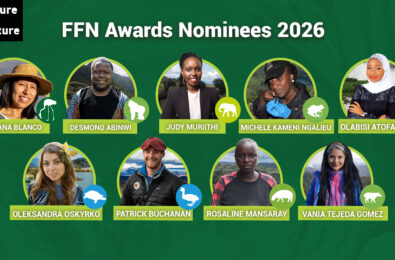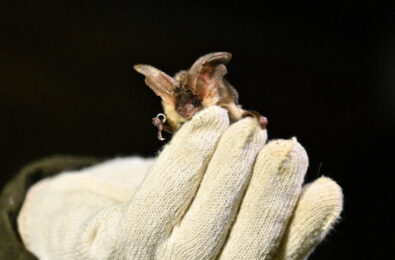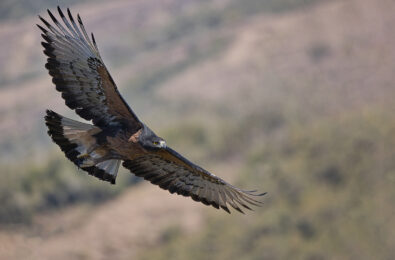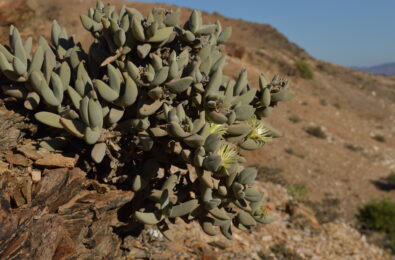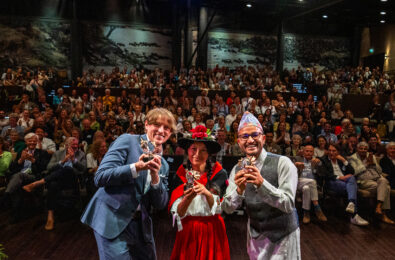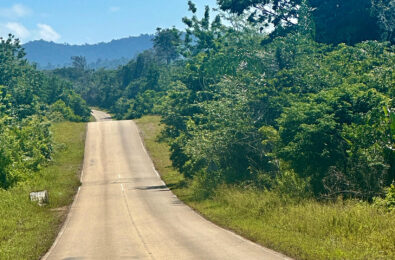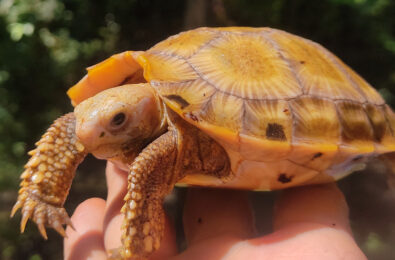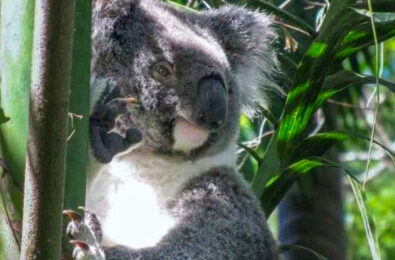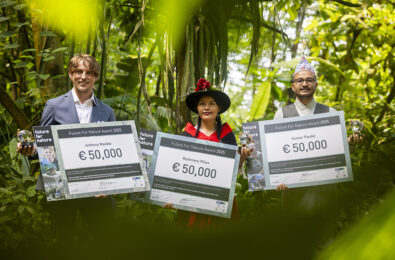Another year of wildlife conservation in Rwanda
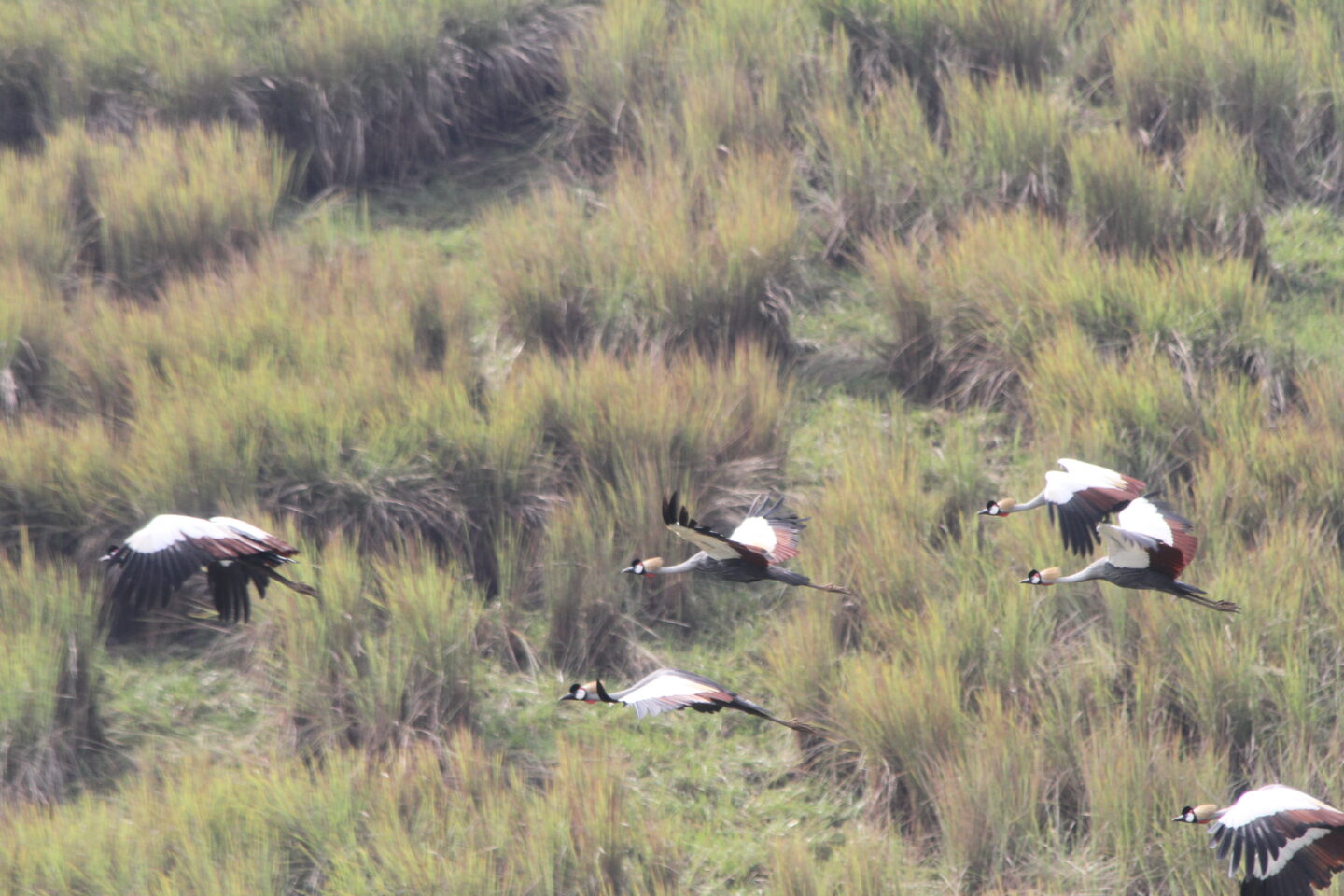
Olivier Nsengimana, winner 2019, and his team at the Rwanda Wildlife Conservation Association (RWCA) work hard to protect the grey crowned cranes and their Rwandan habitat. The RWCA is growing steadily and making a big impact along the way. The COVID-19 pandemic showed the value of their Community Conservation Champion teams across the country, which allowed for them to continue the important conservation work all over Rwanda.
In 2021 alone, Olivier and the RWCA team achieved the following:
- Trained 187 local leaders and community rangers performed 2000 patrols
- Engaged over 22,000 community members and 1000 school children in education
- Planted more than 11,000 indigenous trees
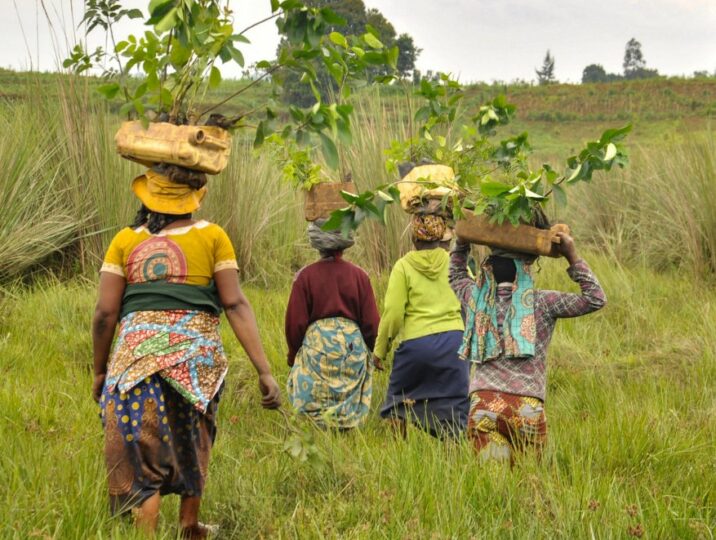 |
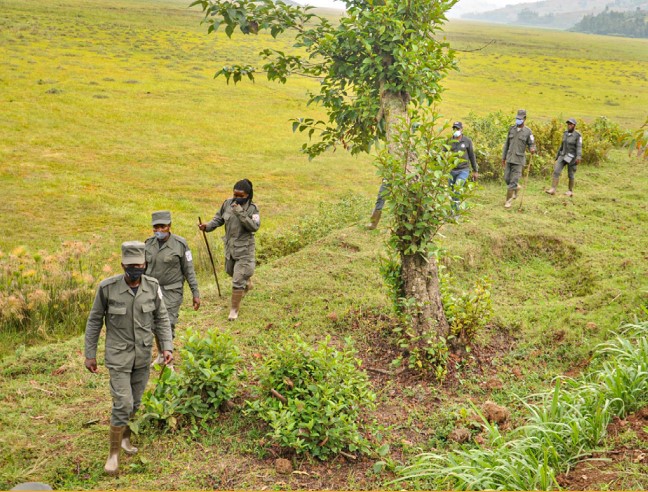 |
On top of this, the annual grey crowned crane census showed another increase in the number of cranes in Rwanda. The population number has actually now doubled since the first census in 2017 and are almost at 1000 individuals. To perform this census, Olivier and his team do aerial surveys over the Akagera National Park and Rugezi Marsh, combined with ground surveys in many other wetland areas. This way they cover as much of the grey crowned crane habitat as needed and can get an accurate estimate.
Besides the annual census, the RWCA also performs ongoing monitoring work. The Community Conservation Champions and rangers use an online app to record sightings of cranes throughout the year. This provides information on their behaviour and habitat use, but also allows them to check up on reintroduced cranes. At times they have spotted these reintroduced cranes with young, showing great breeding success and providing hope for the future.
Olivier and his team rescue grey crowned cranes from captivity and reintroduce them back into the wild if possible. In 2021 they were able to confiscate five cranes from captivity and received reports of twelve poached grey crowned cranes, of which nine chicks. After conducting a health check-up and some quarantine time, they assess whether or not the cranes could be reintroduced. Some of the chicks could immediately be reintroduced thanks to the extensive local knowledge of the Community Conservation Champions, who knew the specific breeding pairs in their area.
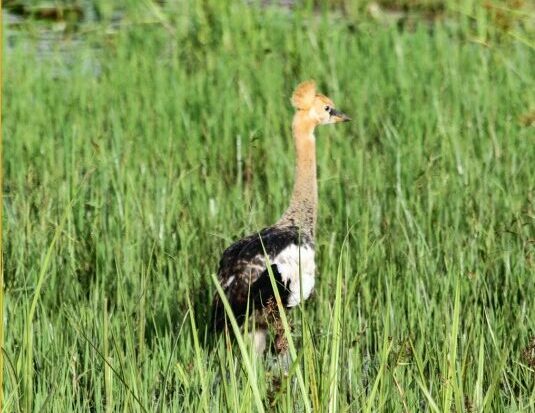 |
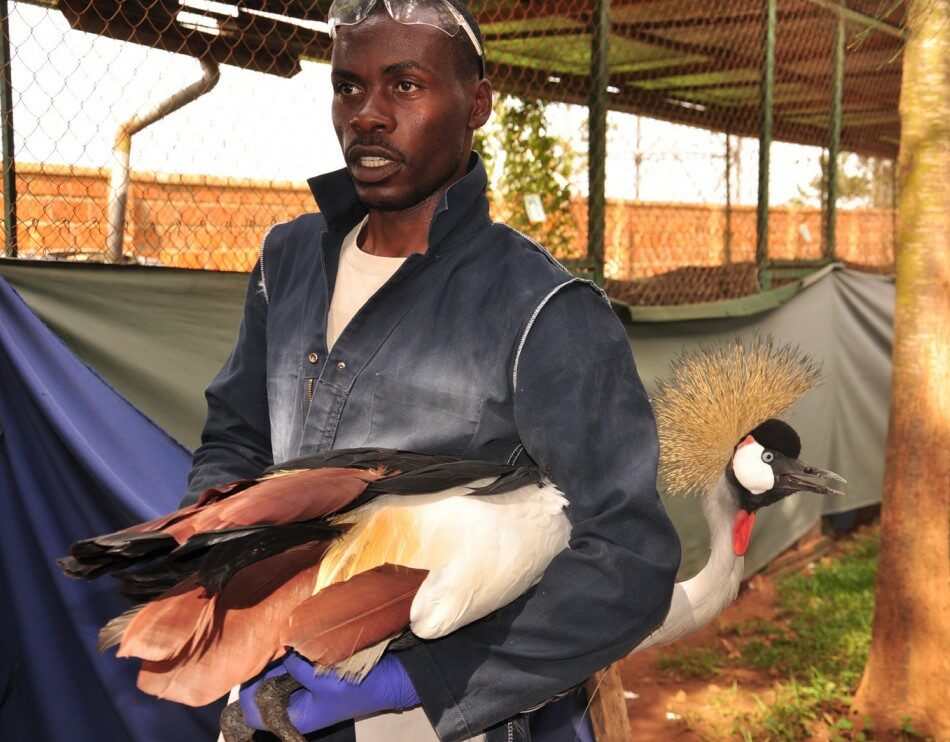 |
Unfortunately, the year also came with some challenges. Sadly, a group of grey crowned cranes were poisoned by rice traps with the intention to sell them for eating. This is unusual in Rwanda, but luckily the local community responded quickly, When local children noticed the dying cranes, responded quickly and were able to alert the local RWCA Champion, local leaders and police. Together, they removed the poisoned traps and chase away other birds from the area.
The RWCA strives to involve communities in their work and has been having great success in this. Their conservation programmes create a lot of jobs and many community members participate in paid temporary work such as habitat restoration activities. In 2021, the RWCA was able to renew their commitment with communities in which families farming within the Rugezi Marsh agree to plant indigenous trees and receive 1 dollar per tree per year to look after them. This benefits both biodiversity and local livelihoods.
While it all started with the grey crowned cranes, over the years the RWCA has applied their conservation experience and knowledge on other species in need. For example, they now have programmes focussing on the straw-coloured fruit bat and the Hill’s horshoe bat, the sitatunga, African grey parrots and the shoebill.
The shoebill is an interesting looking bird . Three Community Conservation Champions have been trained to monitor some key wetland areas home to a pair of shoebills. They are helping to assess the threats to the survival of this species and record any sightings.
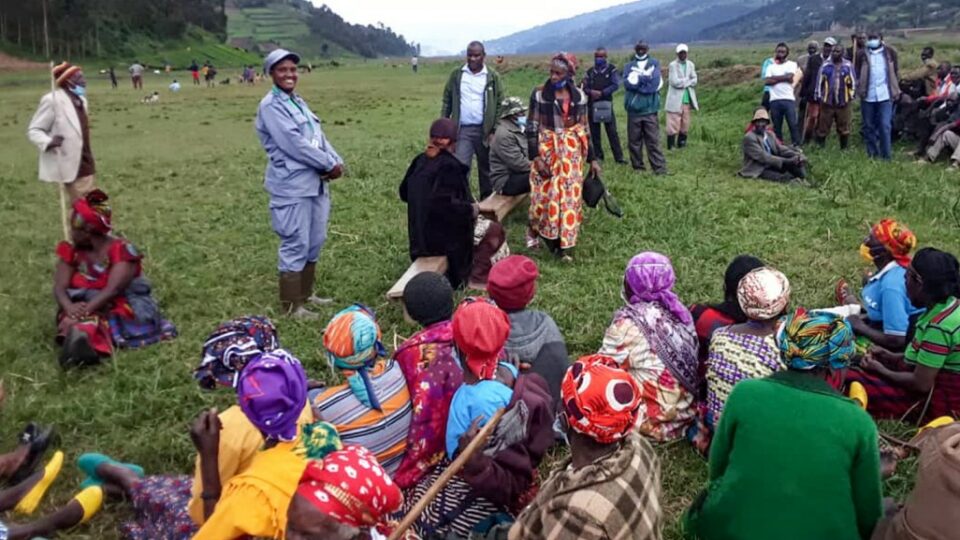 |
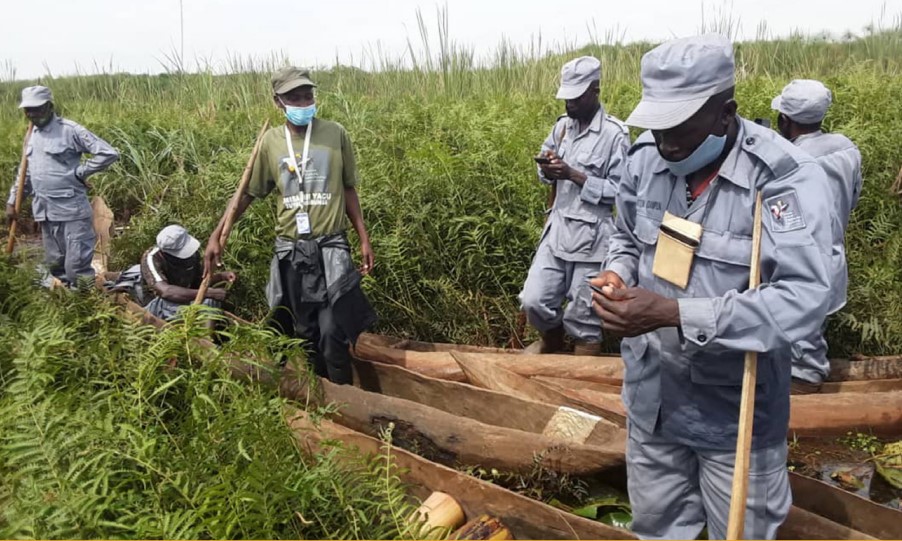 |
It is impressive to see what Olivier and his team at the RWCA are achieving and how they are developing. You can read the full RWCA annual report on here and give them a follow on Facebook to stay posted about their work!






